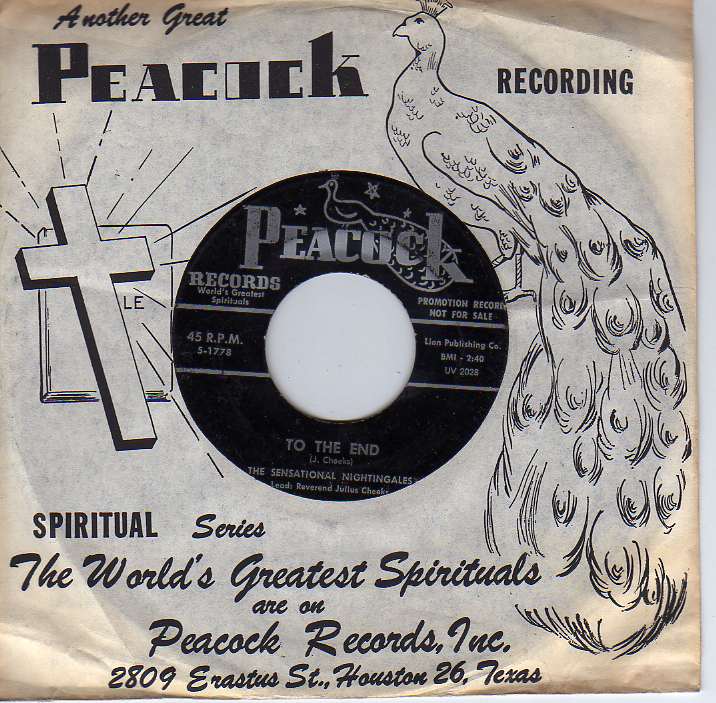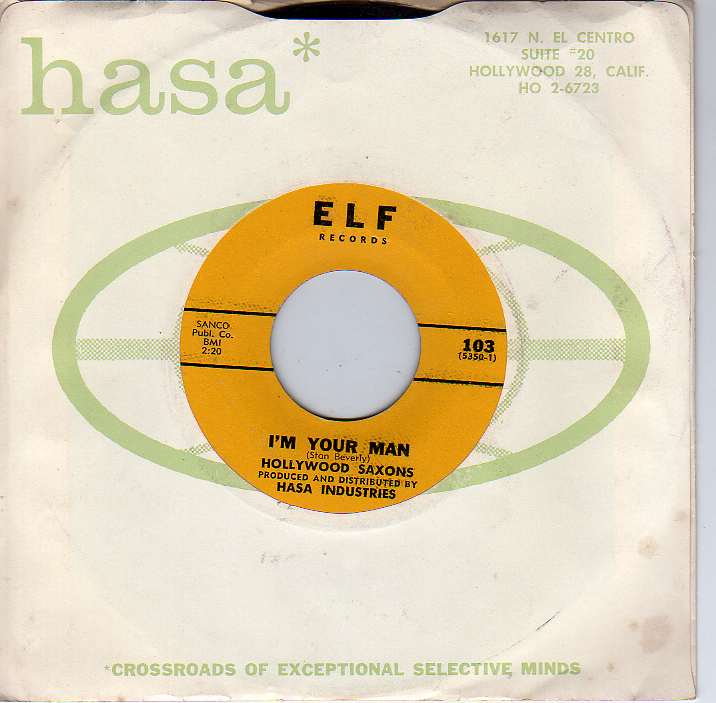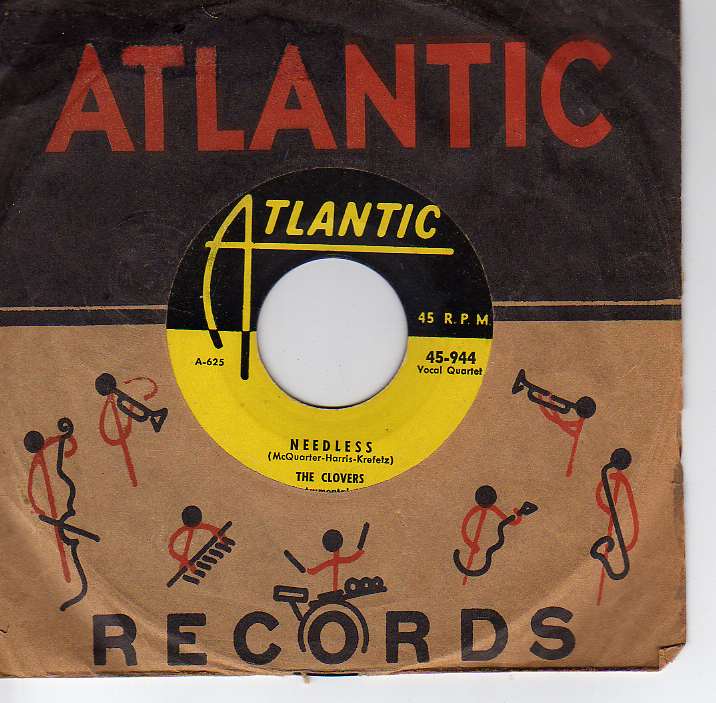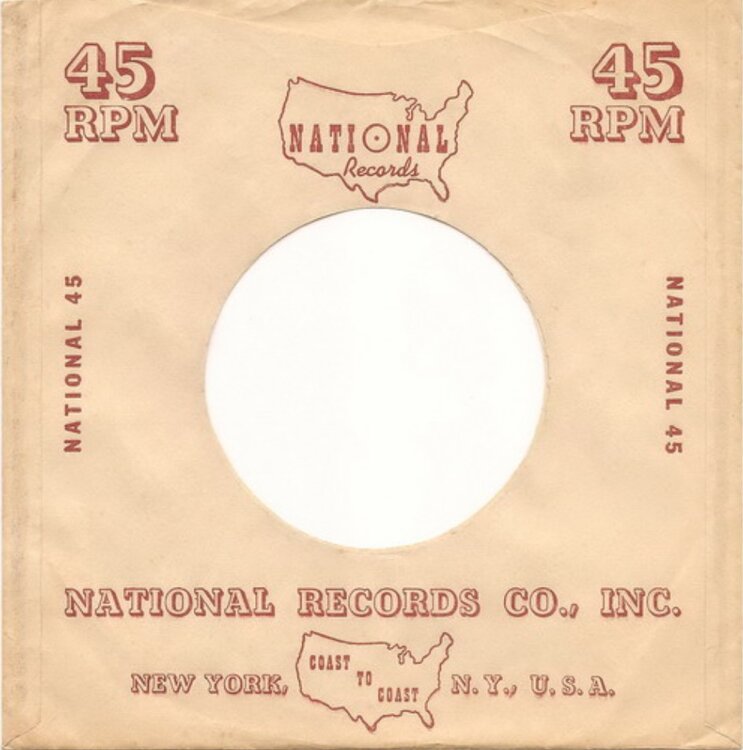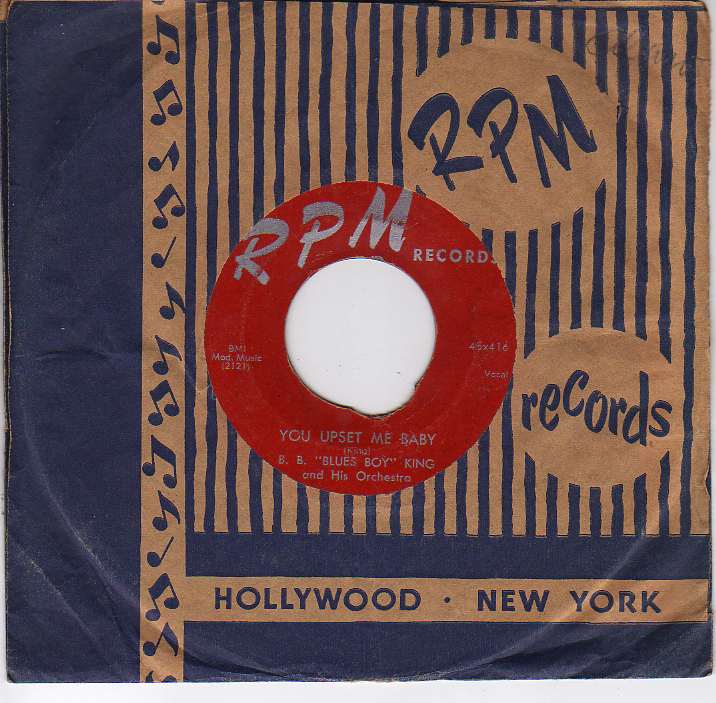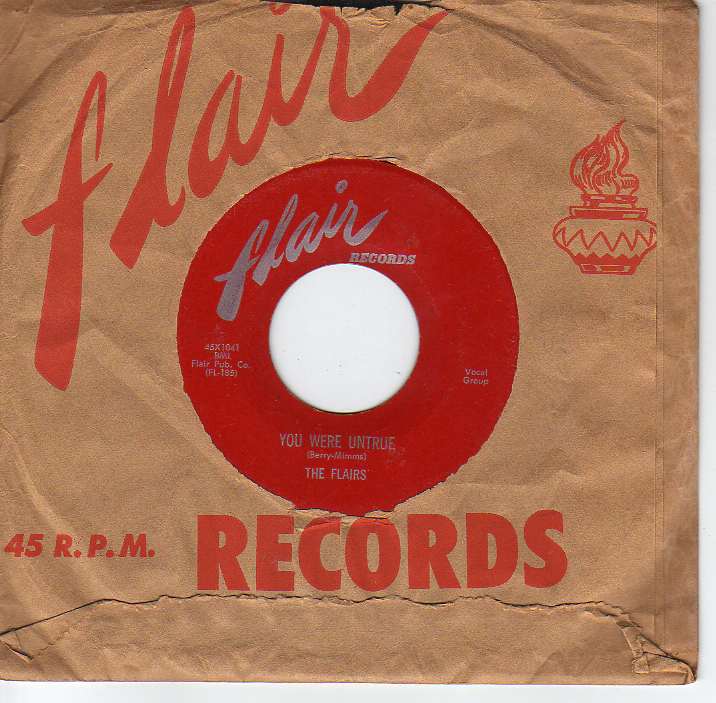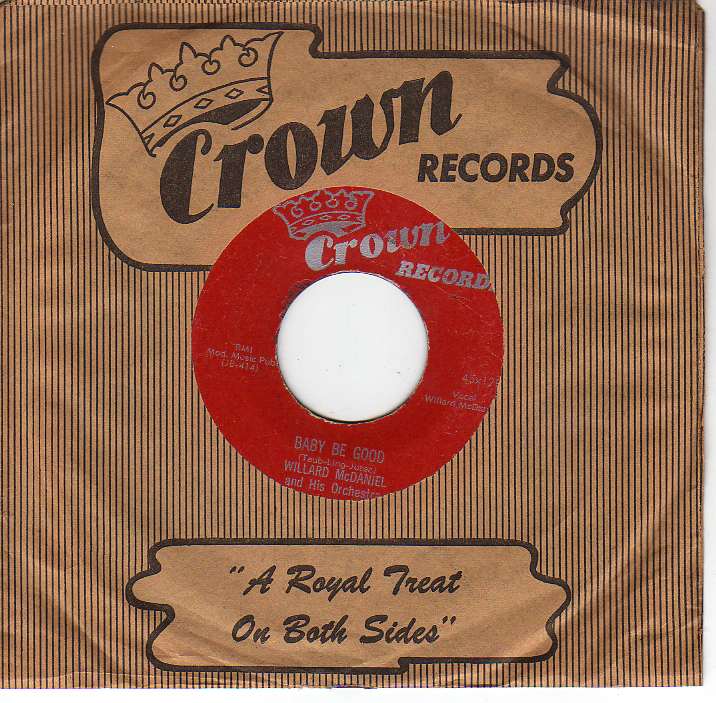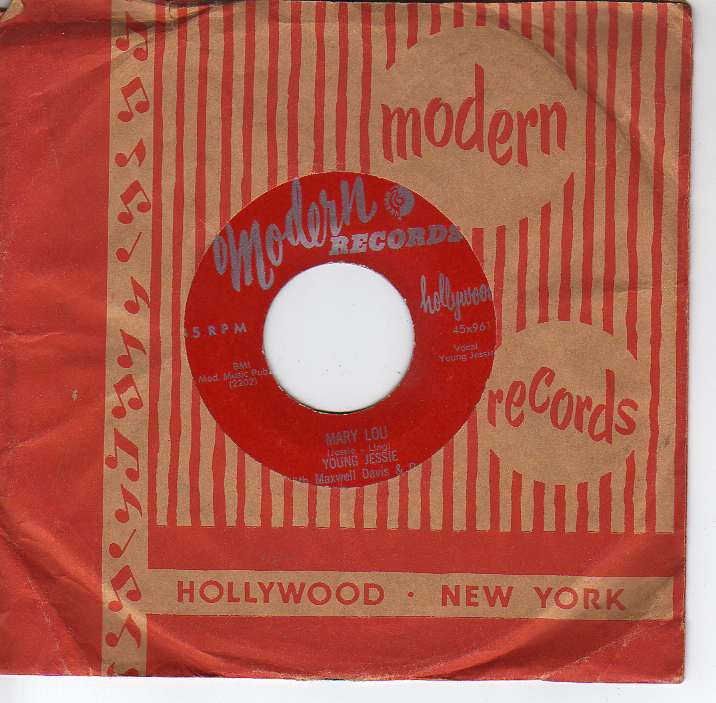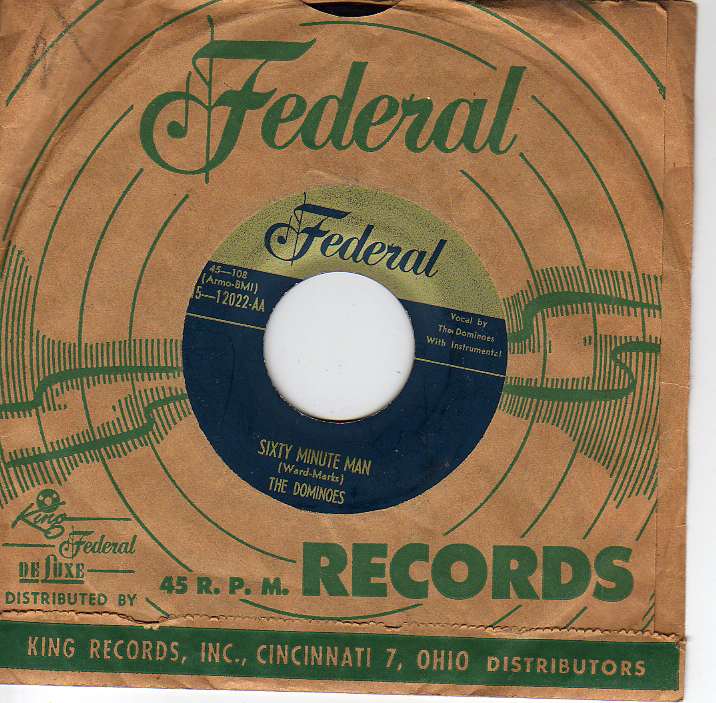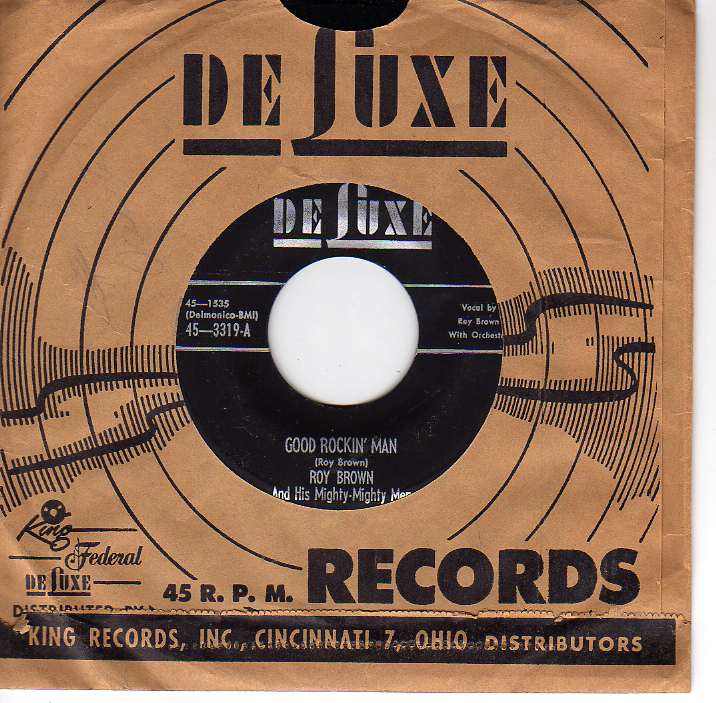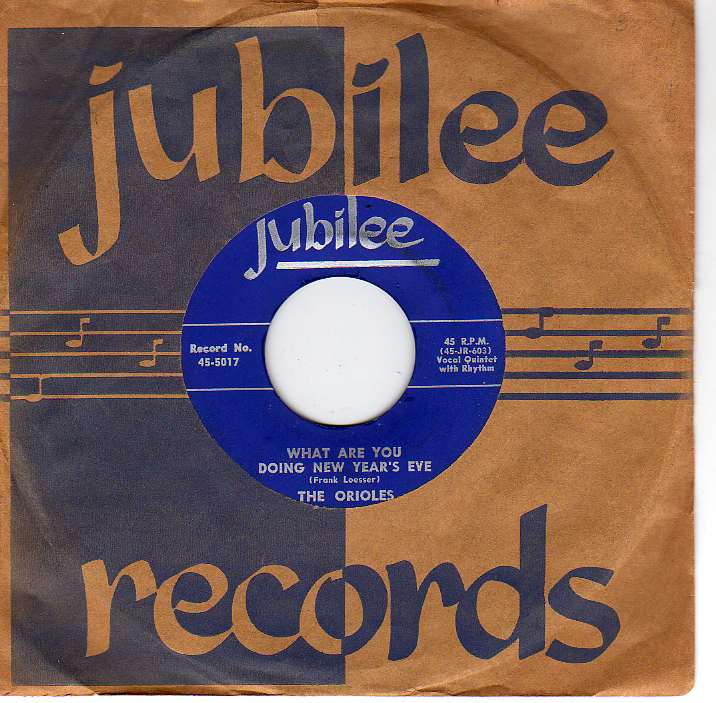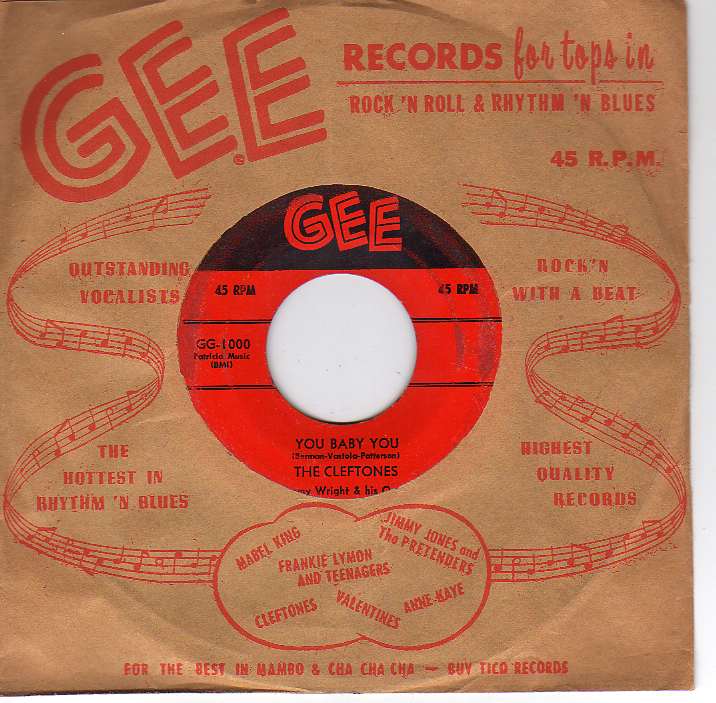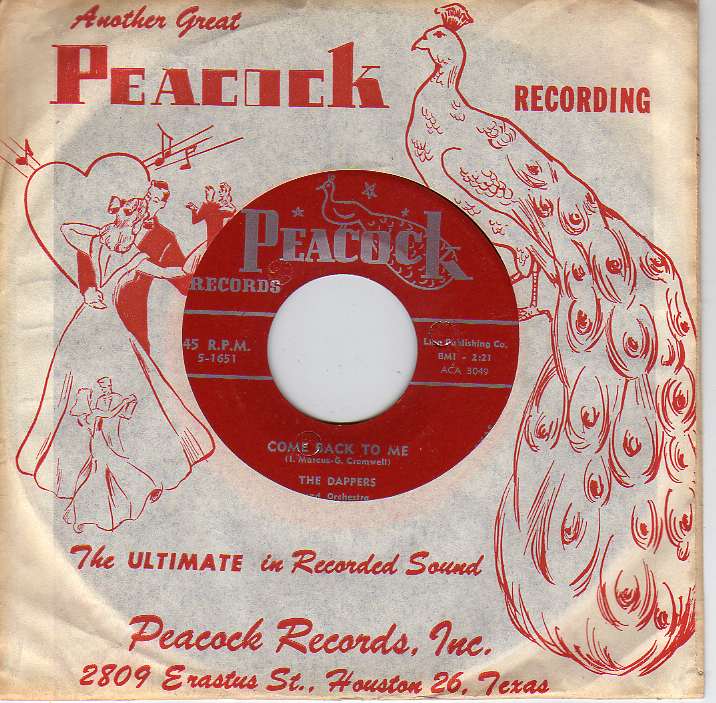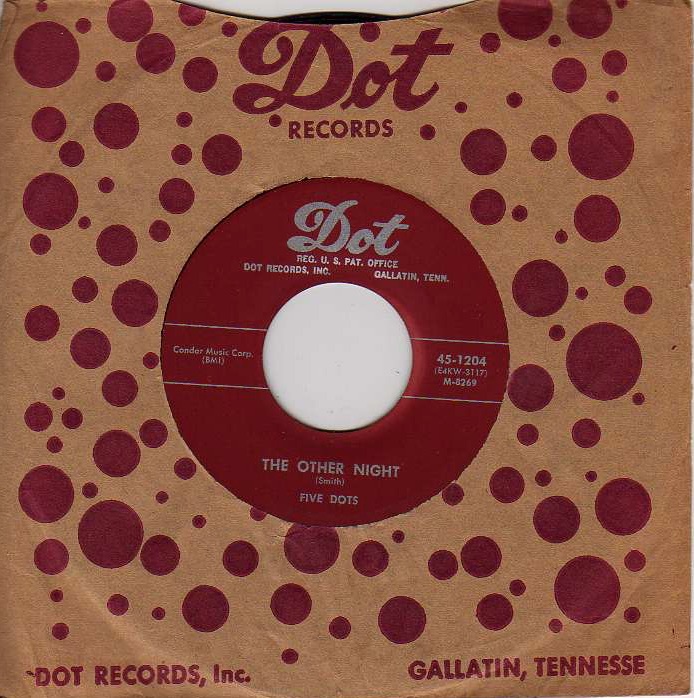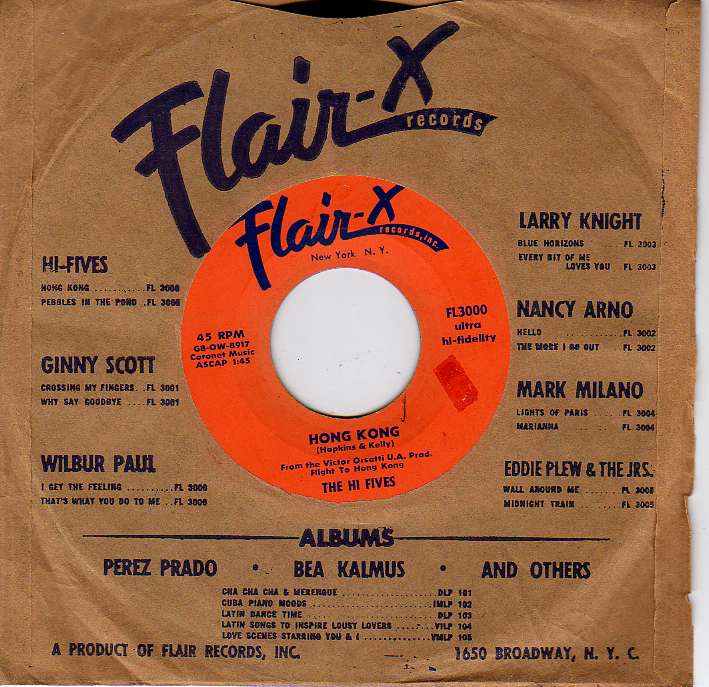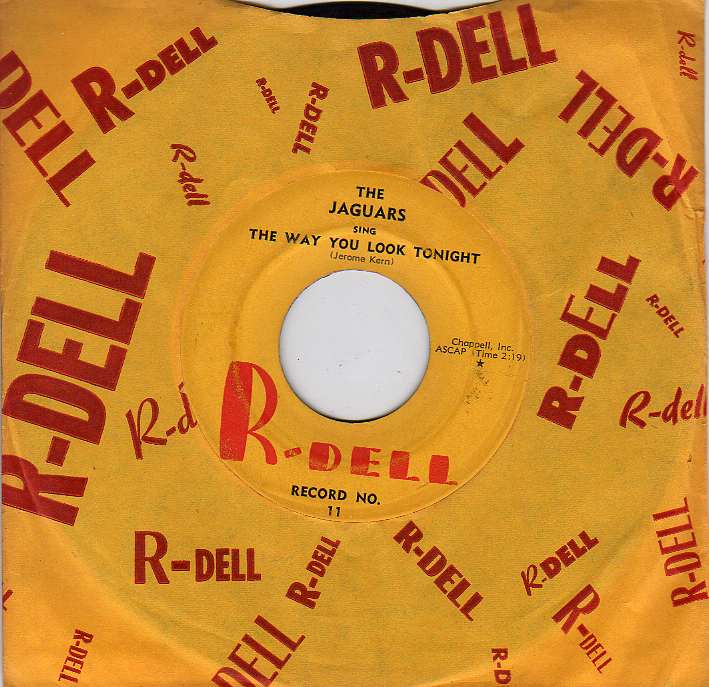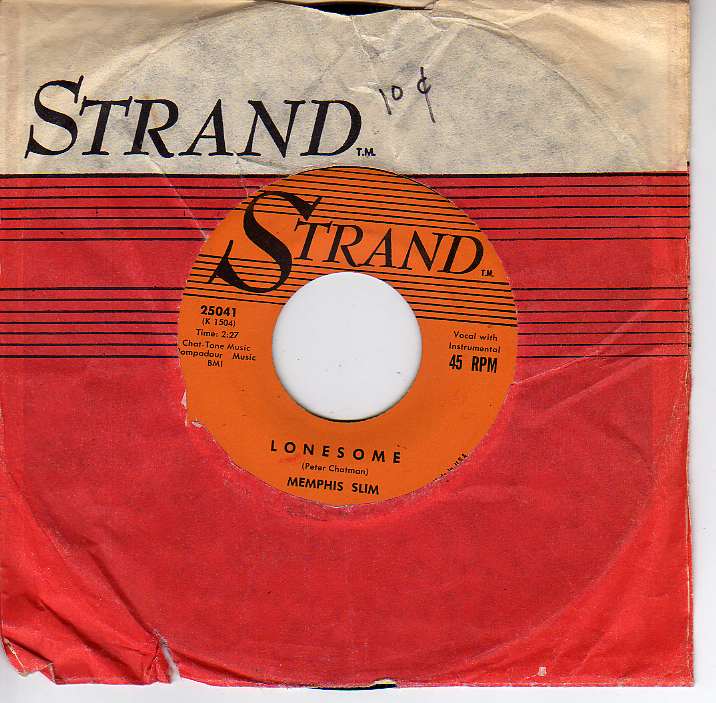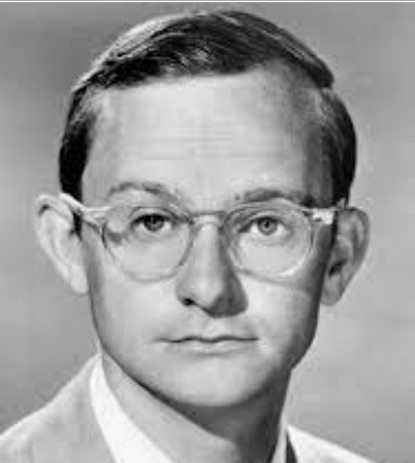Everything posted by Robbk
-
Favourite Company Sleeves?
The pink Motowns all came in generic brown sleeves. The Blue Motown sleeves didn't start until late 1963, if I remember correctly. But, I admit to keeping my earliest Motowns in them, and then those directly after them in the red Motowns, because, I want all my records in company sleeves, if it is possible. Same goes for my Tamla records. My early Gordy records, Miracle, Mel-O-dy, Soul, and VIP are all in 1962-64 Hitsville covers, until they run out, then in the LP photos on white background design 1965-67 Motown Corp. sleeves, as are the later Motowns and Tamlas.
-
Favourite Company Sleeves?
Is it MY fault that Red Bird made no company sleeves for their US issues? I think US Red Bird records look better in British Rec Bird sleeves than in generic, blank white ones. What is much funnier, is that I keep my 1949-1955 Chicago Al Benson Parrot label records in London Parrot sleeves. 🤣
-
Favourite Company Sleeves?
-
Favourite Company Sleeves?
I can just hear them singing: "El Señor Creador............... " Is it sung in Spanish or English?
-
Favourite Company Sleeves?
Here are a few more: I wish I had this Revelaires' record to fill my Burgundy sleeve (1954 Detroit R&B Group ballad):
-
Favourite Company Sleeves?
-
Favourite Company Sleeves?
I like really hard-to-find sleeves of late 1940s and '50s R&B labels: Too bad I don't have a Ravens' National 45 to put in this one. I did buy Ol' Man River from 1949, but that was only on 78 when I bought it.
-
Furthest travelled 45s.
DING! DING! DING! - Or should I say, CLANG! CLANG! CLANG! - We have a winner!!!!!! 🤪
-
Furthest travelled 45s.
You never saw one in L.A. or Denver, New York, or Chicago? 🤓
-
Furthest travelled 45s.
I once had a Detroit record on Puff Records, that was found in USA, and taken to The UK. Rod Shard got ahold of it (either it had been found by him or Dave Withers on a USA trip). He sent it to me, in Los Angeles(at that time) in a swap for some records from me. I didn't like it enough for the value I swapped to him, so we re-adjusted the trade, and he replaced it with a record I wanted more. So it was returned to him from L.A by me, either by post, or I hand delivered it to him on my next visit to him (at least once a year, but sometimes 2). So, it started, issued in Detroit, probably was distributed to another US city, then was found by a Brit, and taken to The Greater Manchester Area, then sent to L.A., then sent back to The Greater Manchester Area. I don't know where it went from there (probably another city in The UK). But that's a lot of miles. 🤓
-
Furthest travelled 45s.
Ha! Ha! I've bought hundreds of 45s in various cities, towns, and even a couple countryside swapmeets or markets all over England and Scotland, that came from The West Coast of USA, and bought over 50 UK issues in L.A. and a handful I found in The San Francisco Bay Area (about same distance from London as L.A. because, although it is not as far south, it is farther west, than L.A. Too bad I didn't buy any UK or US, or Canadian 45s when I was in Singapore, and Kuala Lumpur? Those are about as far as one can go from the East Coast of USA (half way around The World. 😎
-
WALLY COX,THIS MAN
Thanks. It worked.
-
WALLY COX,THIS MAN
Actor, game show host, comedian, and anything but an accomplished singer, Robert Q. Lewis was another of "Winners Destined For Headlines in 1954". This "gem" was one of his hits: What surprises me is that this terrible song was written by such excellent Brill Building songwriters, Hal David and Leon Carr.
-
WALLY COX,THIS MAN
I dislike this much more than Cox's version. The guitar is nice (but only sporadic, a few notes at a time. The singing is abysmal. It's "corny", the kind of country farmers' music that drove me to "Race Music", back in the early '50s. Thank goodness we made annual visits to Chicago, back then, so I could get records.
-
WALLY COX,THIS MAN
I didn't know that Wally was a C&W yodeling cowboy singer! I had seen that RCA record hundreds of times back in the 1950s, but never had the guts to listen to it, and I never heard it played on the pop stations, back in Winnipeg. Once we got to Chicago, I never heard it, even though it might have been played, sporadically, as an "Oldie", on the Pop stations, - or, more likely, on the Hillbilly C&W stations. But. I didn't have any Hillbilly friends.
-
WALLY COX,THIS MAN
-
Rita Dacosta Info?
You could tell that Rita was a Jazz singer by her singing style, even on this Soul song. It's sung like a Jazz singer singing a Broadway show tune. So, she was married to my favourite Jazz musician! I never knew that. One learns something new every day (besides forgetting other things). 🤪
-
Ravins On Ristic
Is that 400 miles from Detroit somewhere in Ohio? I also seem to remember a Ravins record on a turquoise Frank Brown , Michigan label (probably recorded in Detroit (Maybe Dearborn Records - I don't think it was MSK), from about late 1966 or 1967). THAT one was always the one I thought of was the hot Northern record. But now it seems that it was only the Demo Ristic record that was played on the scene.
-
Ravins On Ristic
I agree that there is no possible connection between the 2 groups. Upon listening to both sides of the Ravins' record again, I've come to the conclusion that the singer is Caucasian, and the name of the group is for the instrumental band, with one band singer included in their ensamble. 1963 all the way to 1969 is way too far, in any case.
-
Ravins On Ristic
As to the spelling of the group's name. If it is true that it was really The Ravens - that makes me wonder if it could then have been an outgrowth of the 1963 Detroit group on Mike Hanks' MAH's Records, The Royal Ravens. Jimmy Ricks' Ravens had broken up, with Ricks going solo in the mid 1950s, and later forming The Raves. So, the name "Ravens" was available in 1963, and the Detroit group was, apparently, the only one using it. The gap between them, and Dave Hamilton's Ravins/Ravens would have only been a couple years. They may have still been intact as a local Detroit group, doing local club gigs. Too bad so many of the old-time Detroiters, who were teenagers or older during 1963-1967, to whom we once had access, are now gone. I'll see if I can get ahold of a few, and ask them about the group and whether the record ever made it to shops and the radio.
-
Ravins On Ristic
The Ravins must have been a dead rare record, because I never came across it in any of the big Detroit collectors' collections, nor in my monthly bi-weekly record-hunting trips to Detroit during the mid-to-late 60s, nor in all my years of record hunting (starting to specialise in Chicago and Detroit R&B/Soul in about 1960. I flipped through literally millions of 45s during 1960-1995, and some thousands after that, and never saw it, other than a few scans after 2000. I'd bet it never got any radio play, and at BEST it only got hand-delivered to a few record shops in Metro Detroit (maybe not even that).
-
The last record you would sell
MY gap is even longer. I started accumulating records (78s) in 1953. That's almost 70 years ago. I replaced my earliest '50s records (mostly 78s) with 45s; and so, even though THOSE 500 or so first acquisitions aren't exactly the original "friend", the music is, and I'd miss them just as much. I could listen to probably 93-95% of the A-side songs on You-Tube, any time I want, and could obtain label scans of most of them. But it's not the same as having several walls covered with shelves of records like a Record Museum, where you can browse through label runs. I know so very many collectors who had to sell off large portions, or their whole collection just to finance their divorces or supplement their pensions just to survive during their retirement years. So, I feel very lucky that it's looking more and more like I'll be able to keep my collection intact until I die IF I can stay mobile enough to avoid having to live in an assisted living facility for incapacitated oldies. My father lived to 94 and was active and mobile, and living in his own house until the morning he died. He had only stopped working 6 months before that. His 3 sisters and mother all lived well into their 90s, and his father till 89. So, it's looking good for me, if I don't ride my bicycle in front of an oncoming tram on an icy night. However, I probably will have to stop dividing my year among five domiciles in 5 different countries. When I know my time is nearing (some time around 2050 (if I am too poor to receive the future life-extending theraputical medical adjustments)) I will find a good home for my records, where they will be appreciated.
-
Has Anyone seen these Jan Bradley-related records?
Thanks. I've finally heard it. It was very, very ordinary, seemingly weakly inspired, if at all, and very disappointing to me.
-
Has Anyone seen these Jan Bradley-related records?
Thanks for providing us this interesting back story. I read in several places, and heard from a few Chicago people who were in the music business back then, that Kirchstein was very angry at Talty for using his record label's name without his permission, and had considered a lawsuit.
-
Has Anyone seen these Jan Bradley-related records?
Thanks. Where can I find a "Finewine Show"?


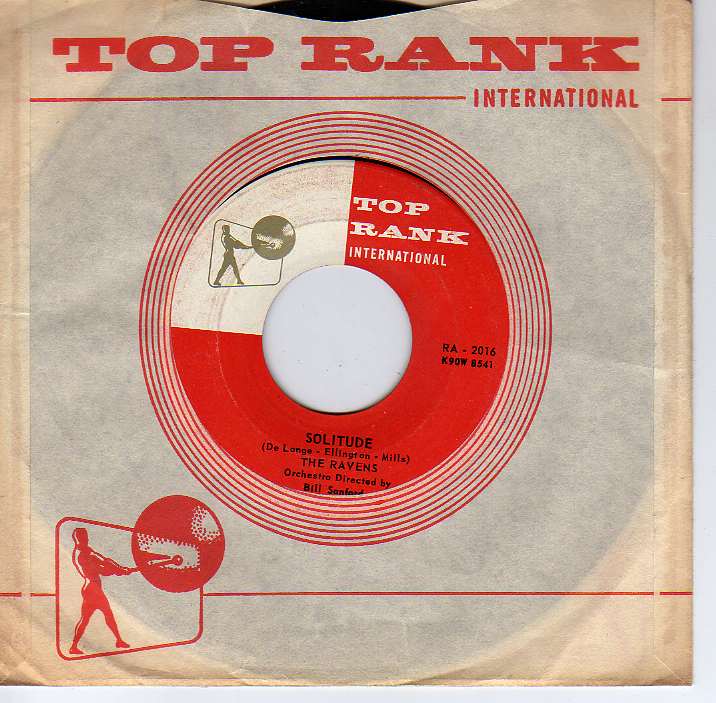
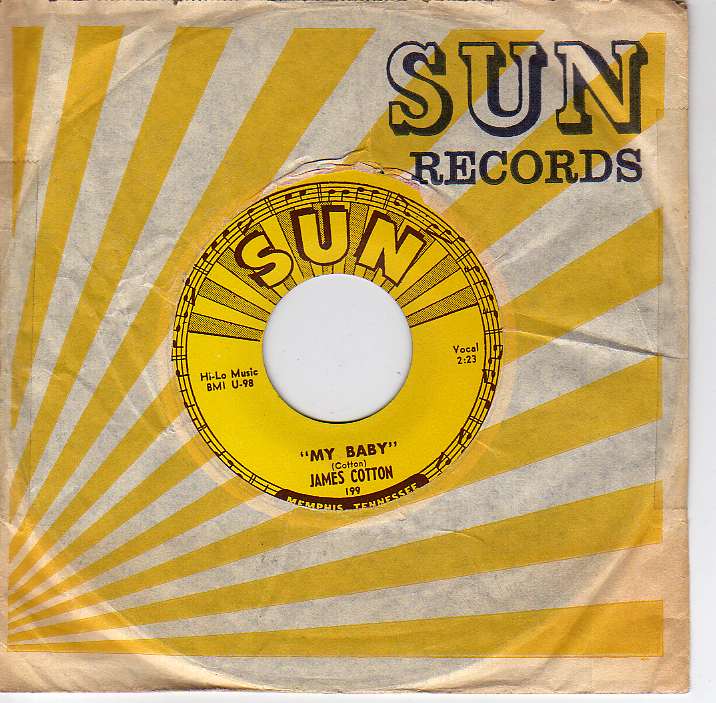
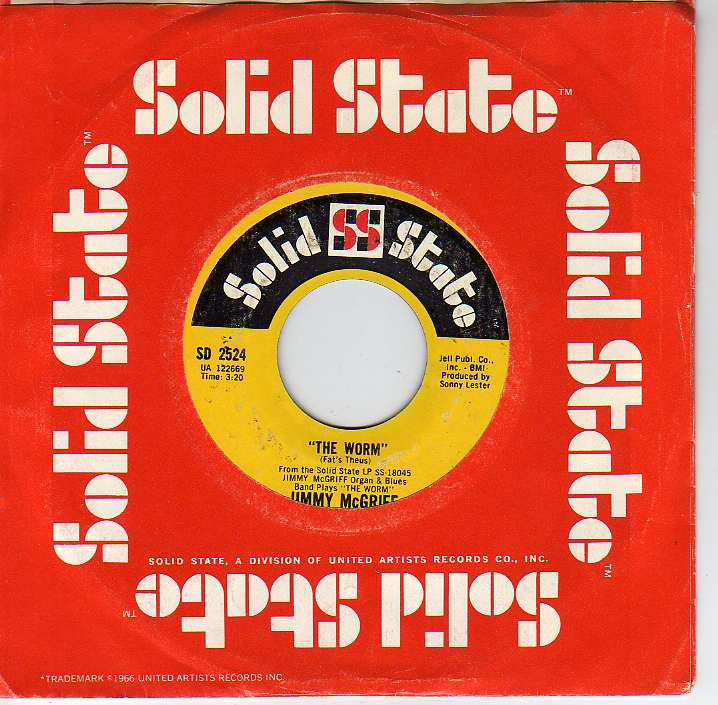
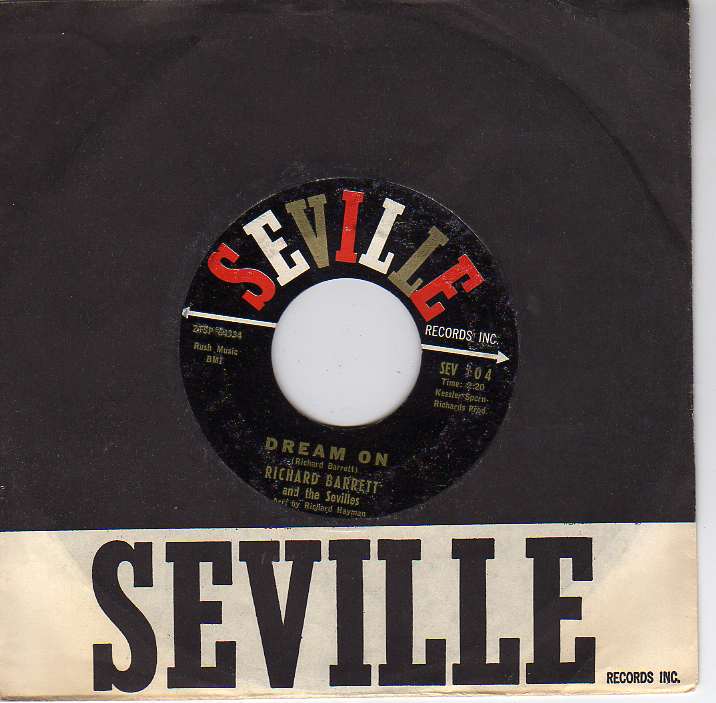
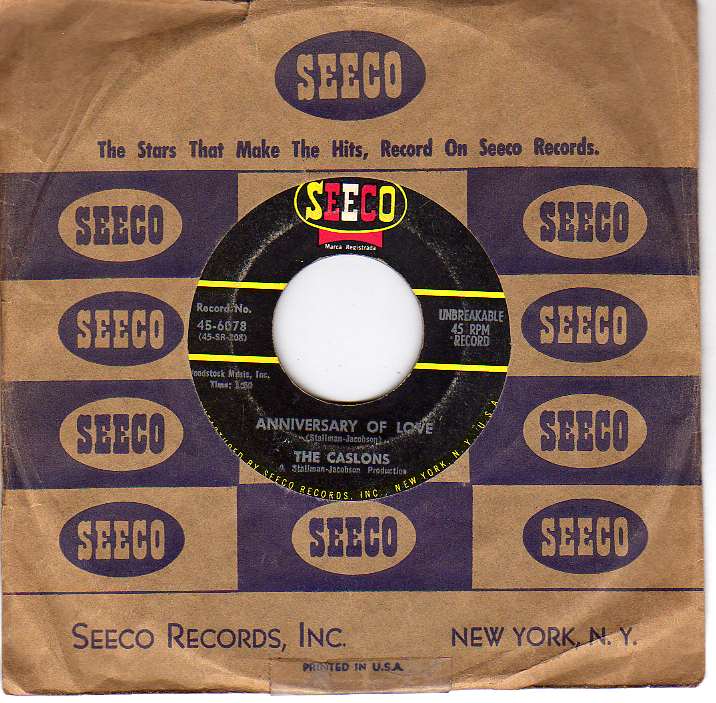
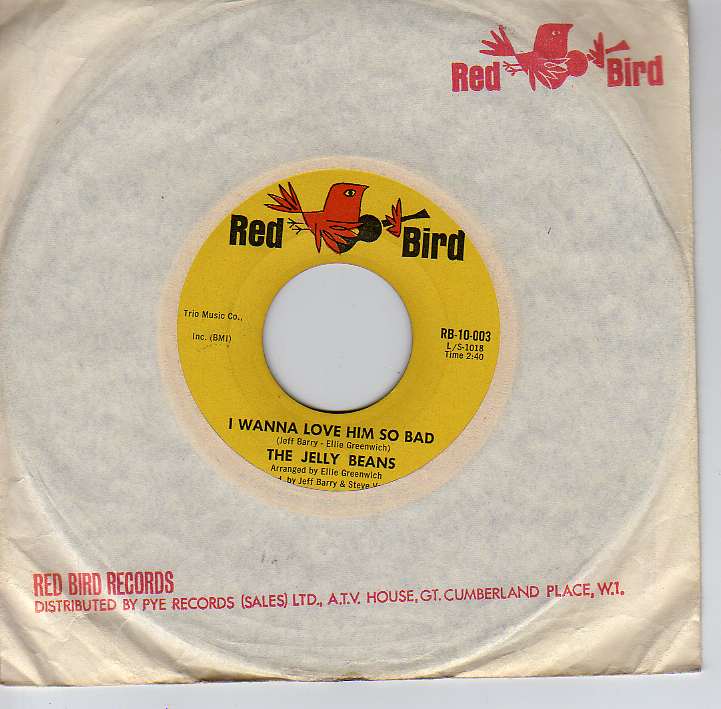
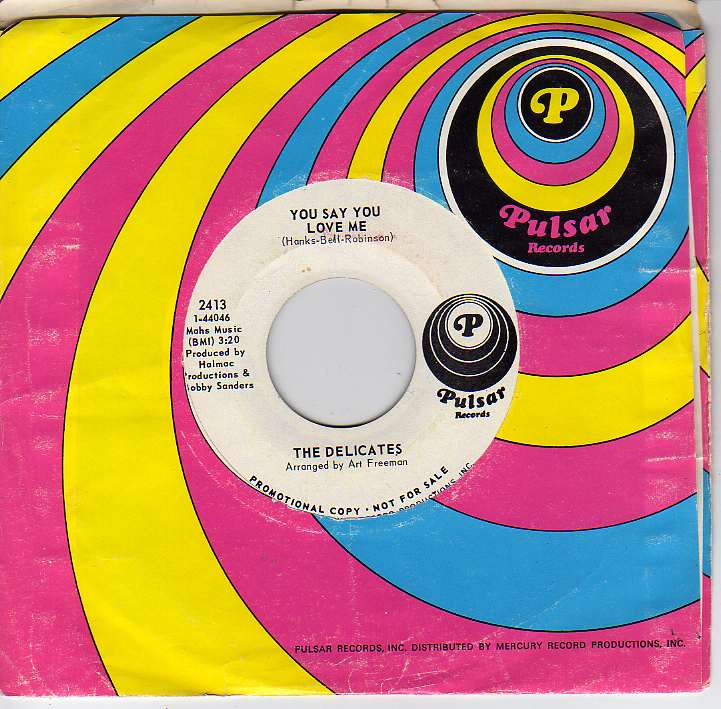
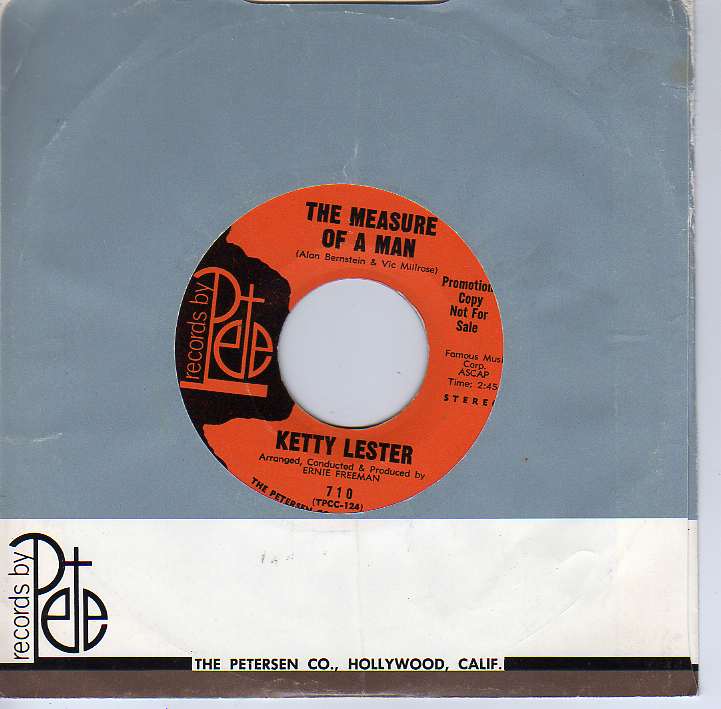
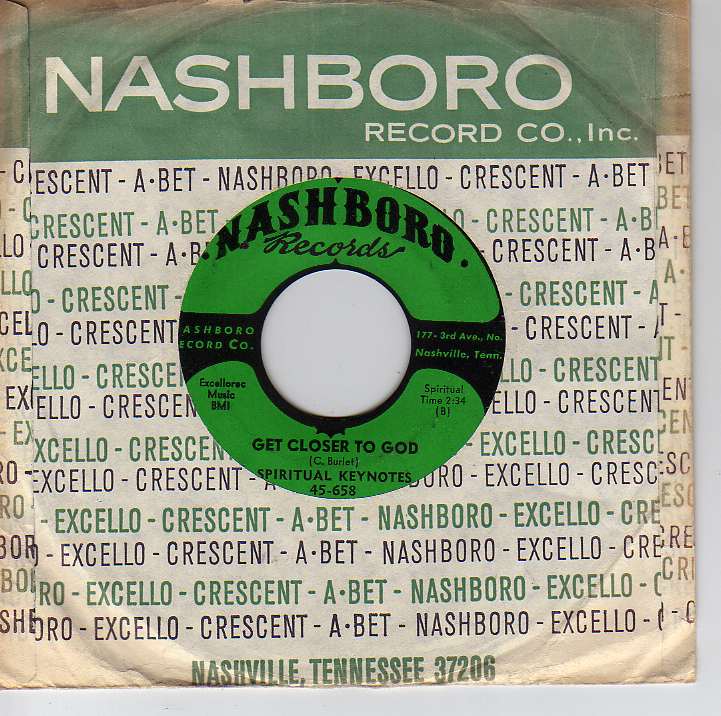
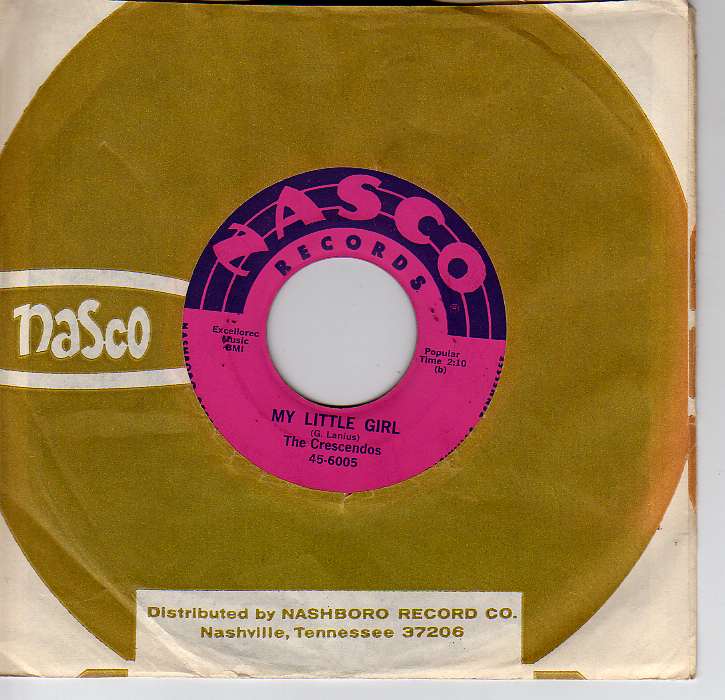
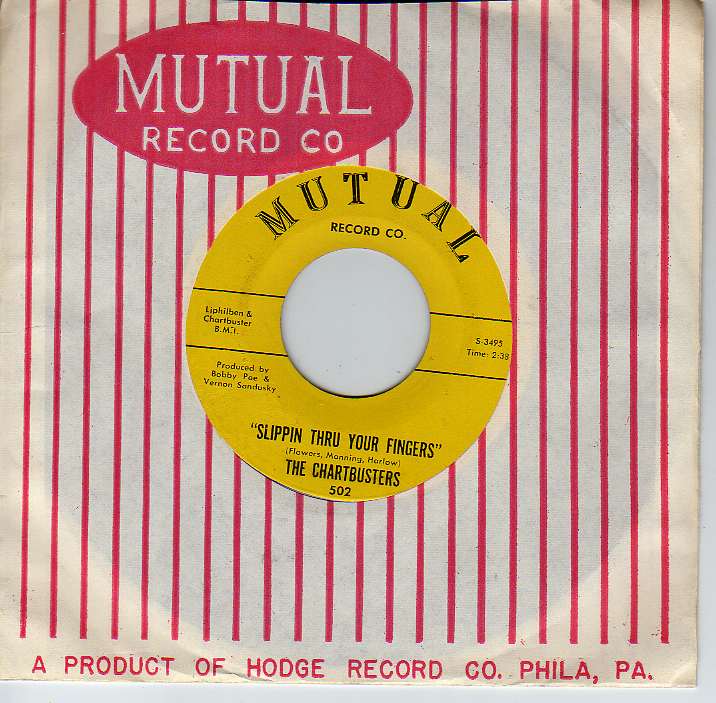

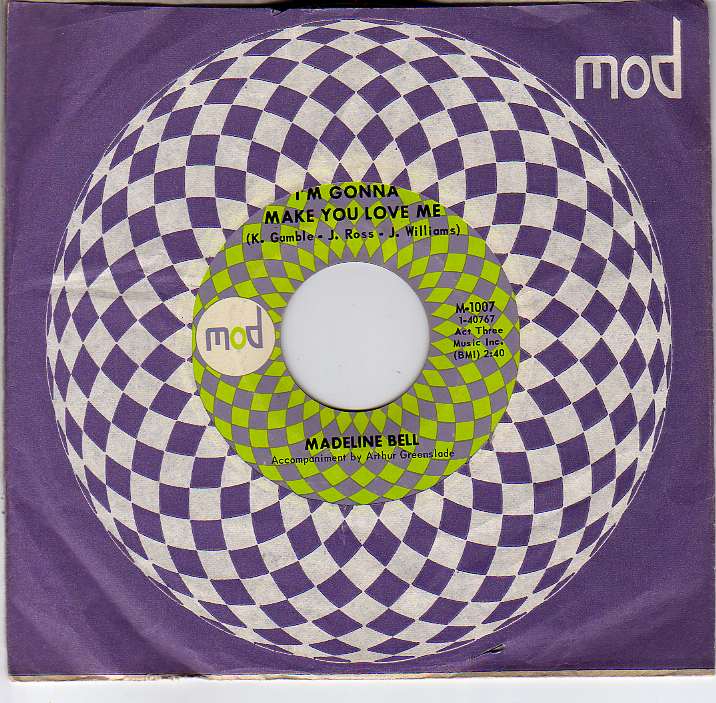
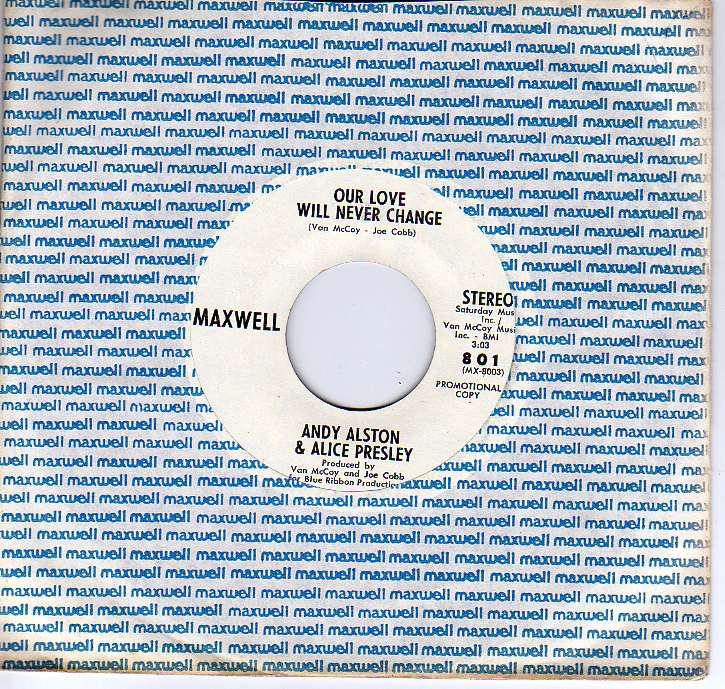
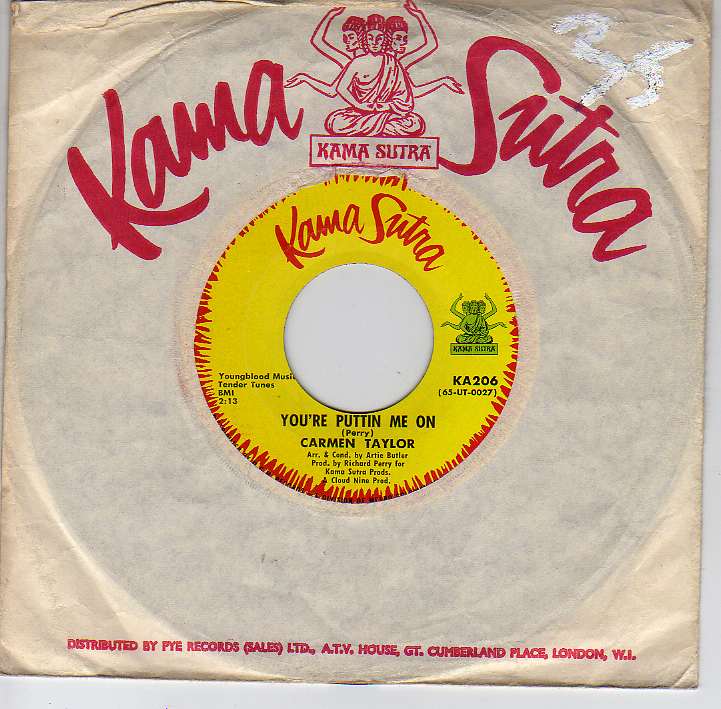
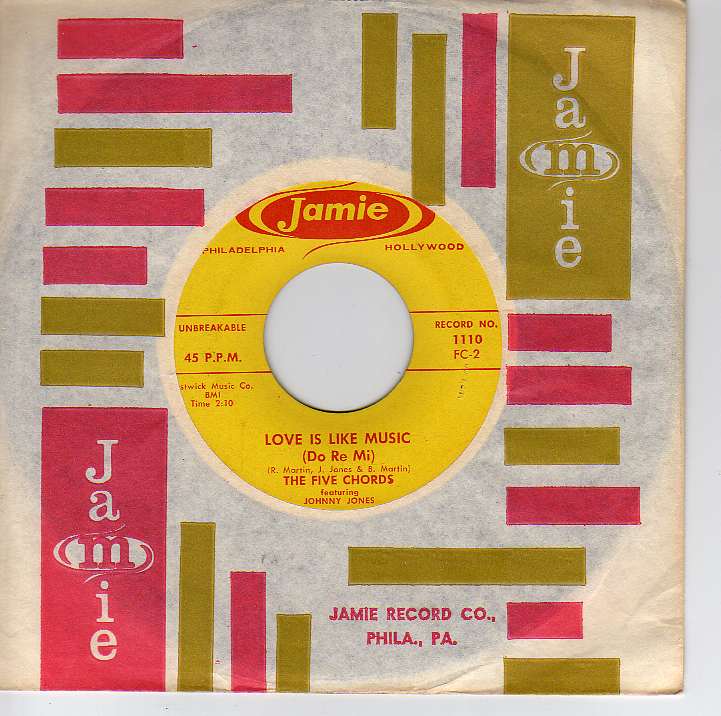
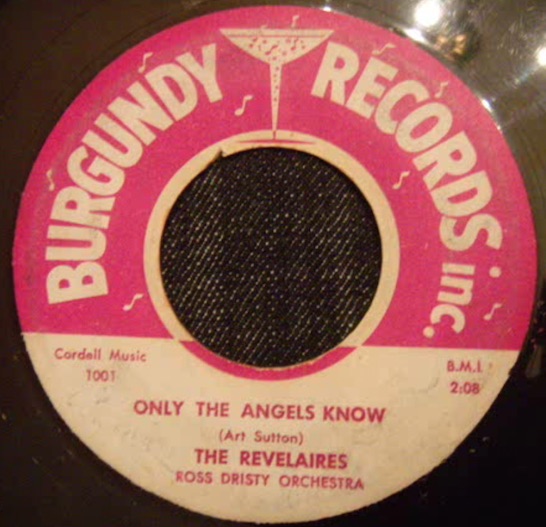
.thumb.jpg.bf349f87e84b52b859bd6ec099a60116.jpg)
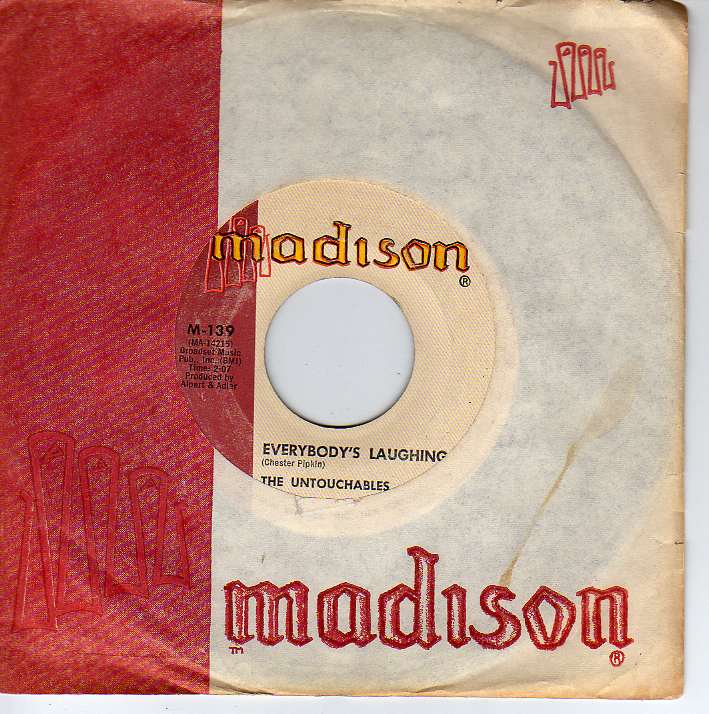
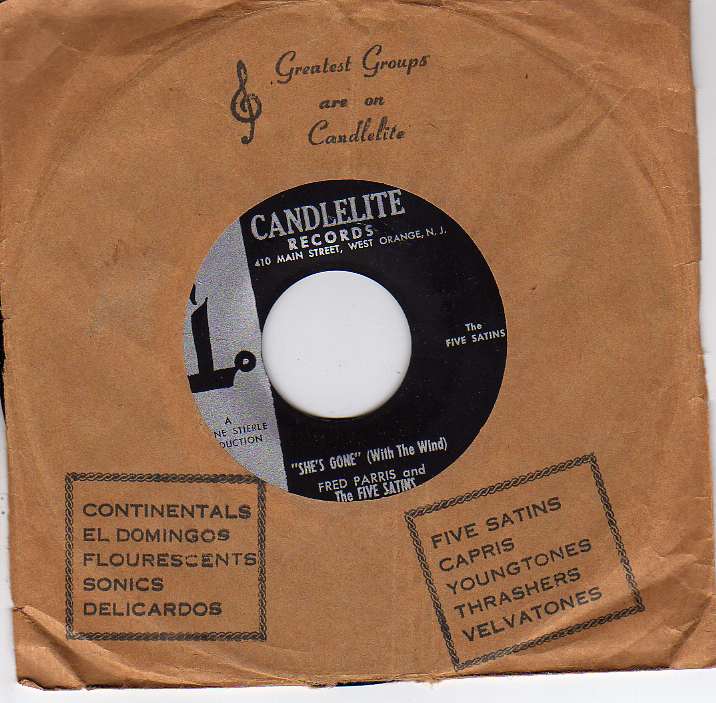
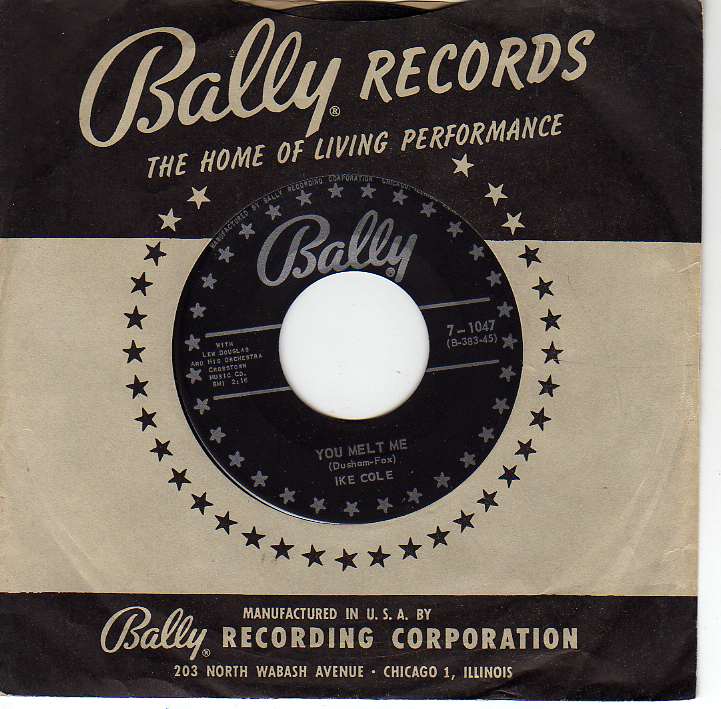
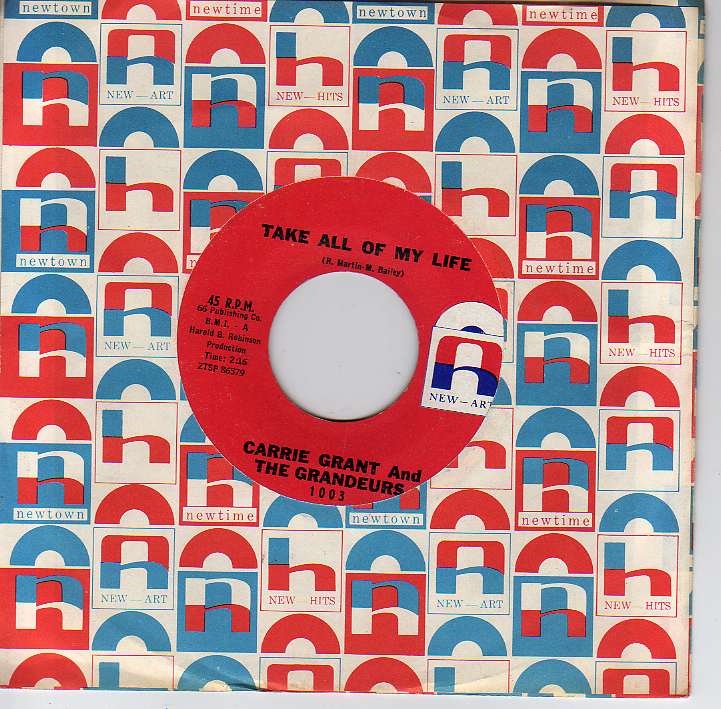
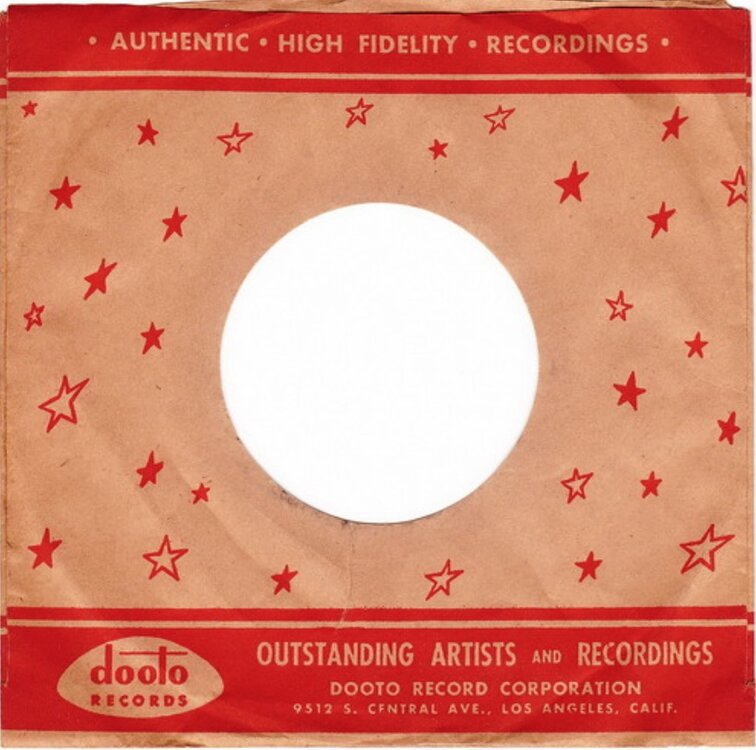
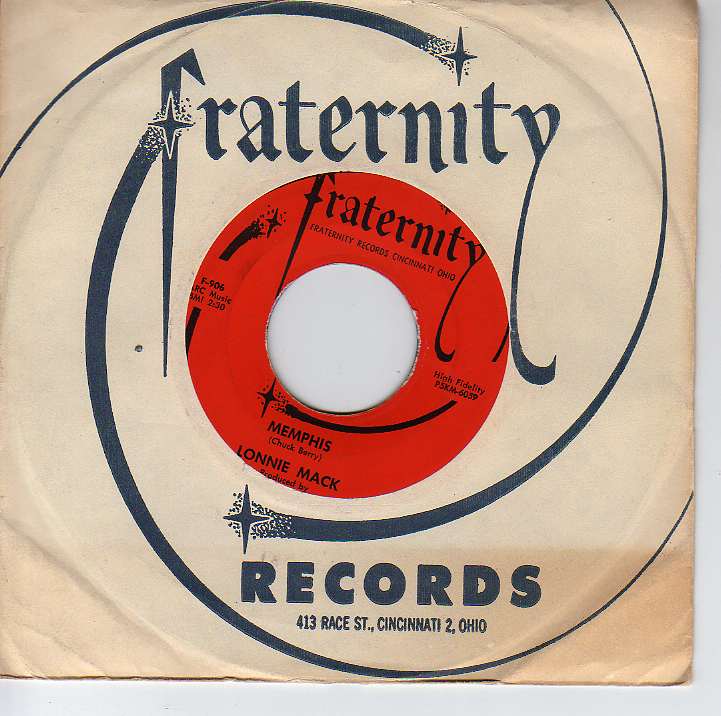
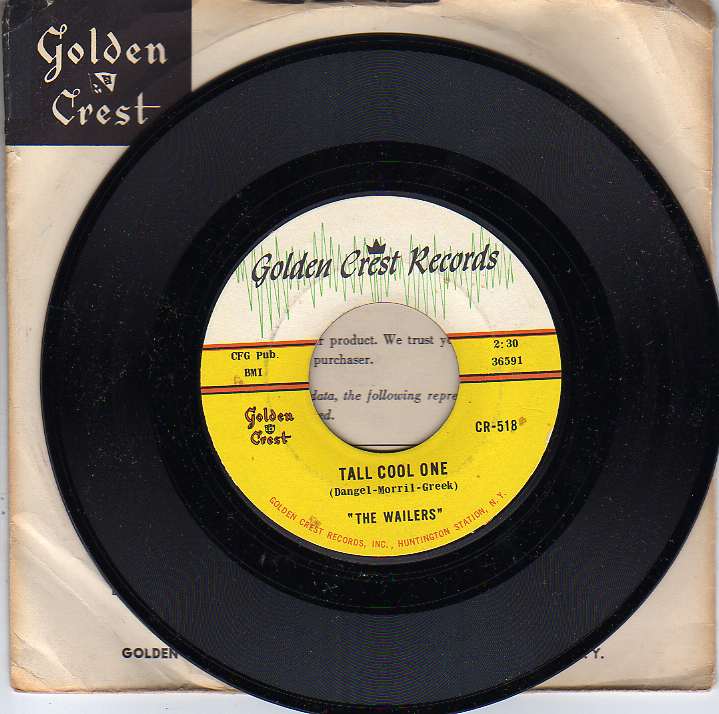
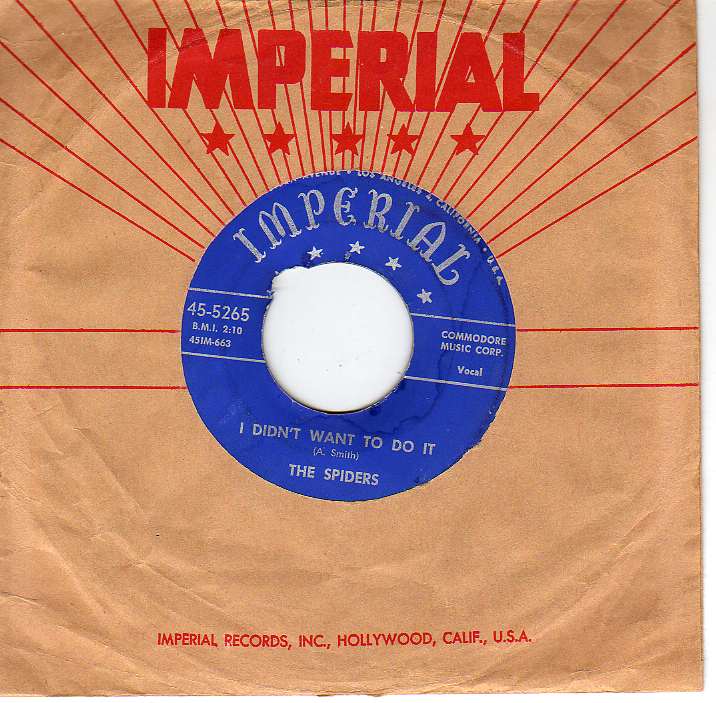
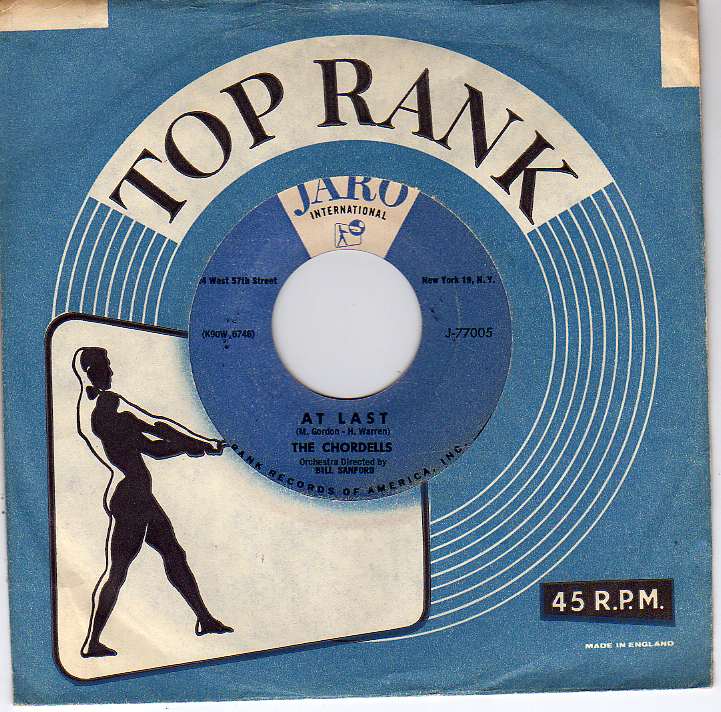
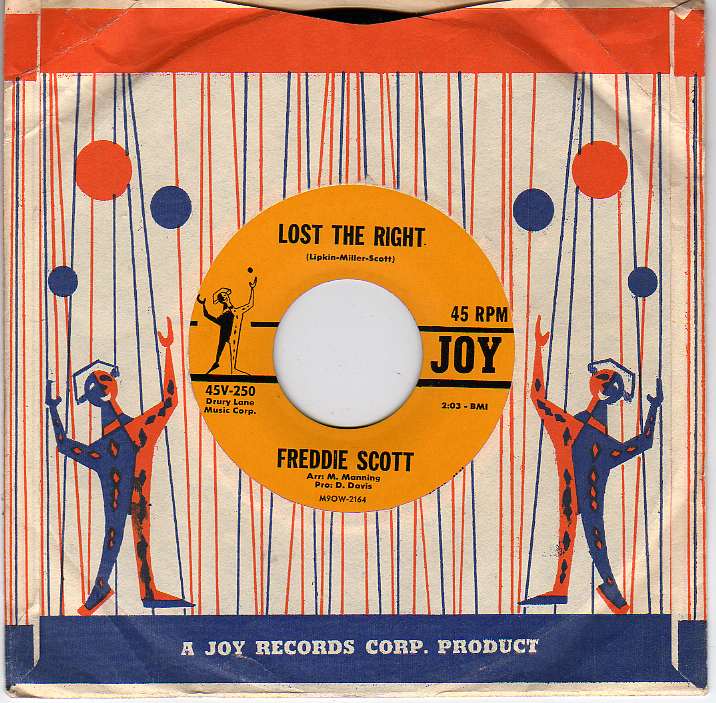
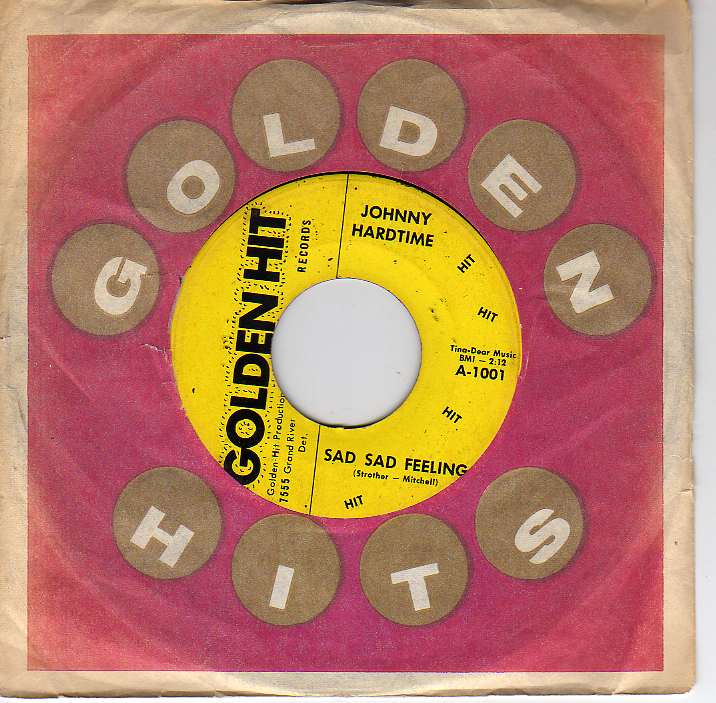
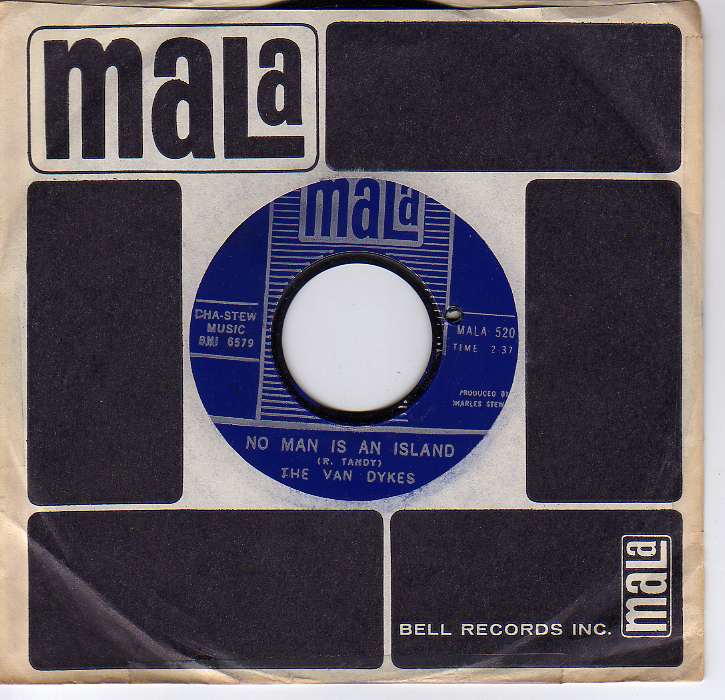
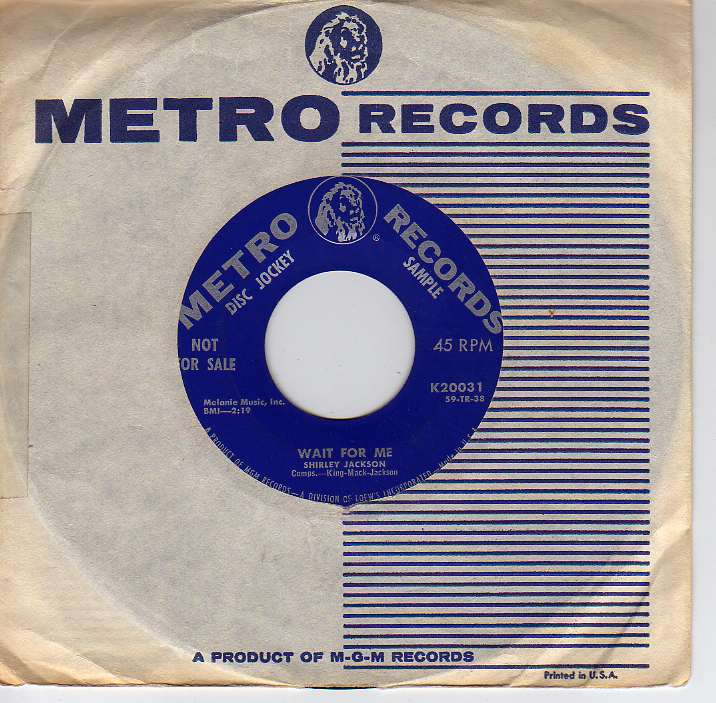
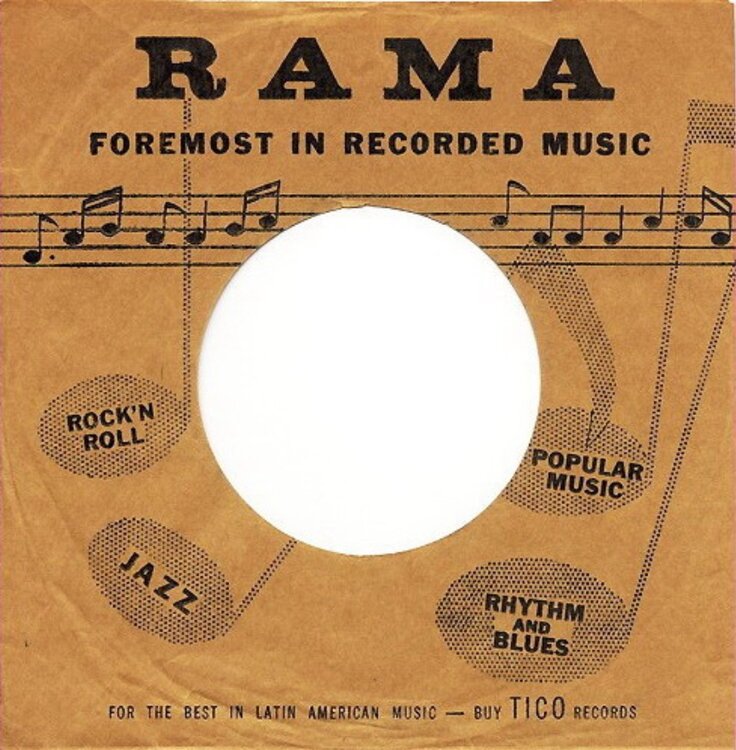
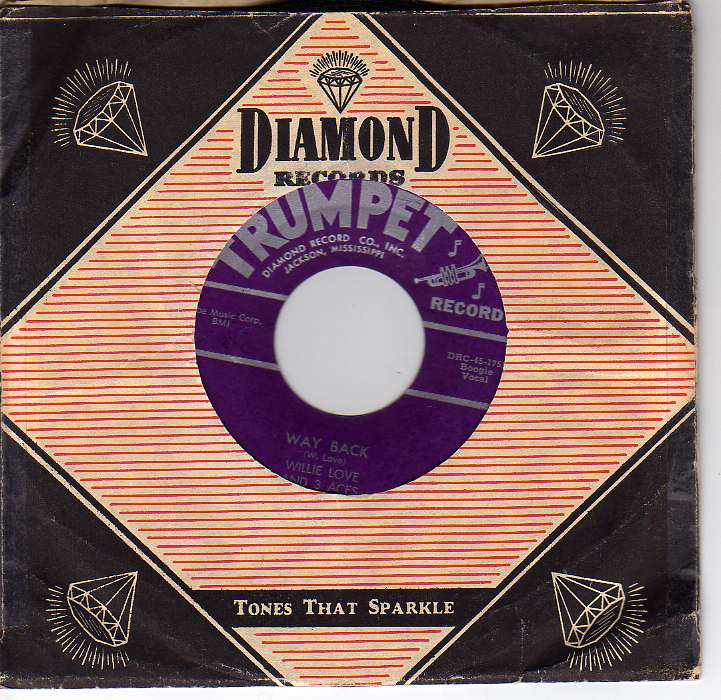
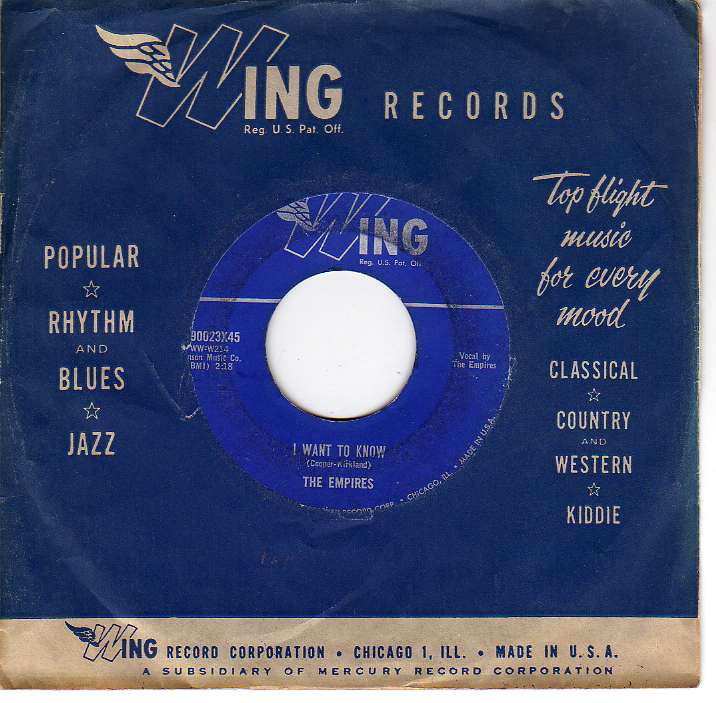
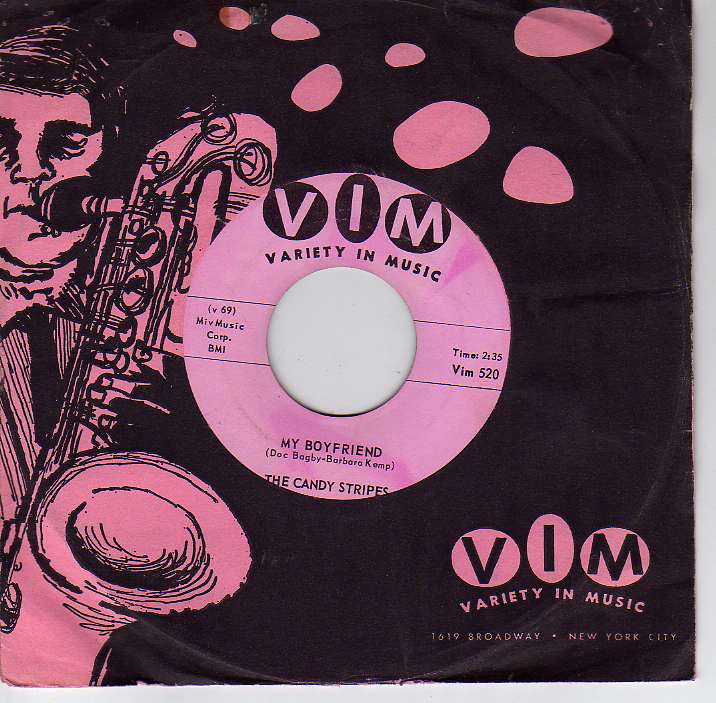

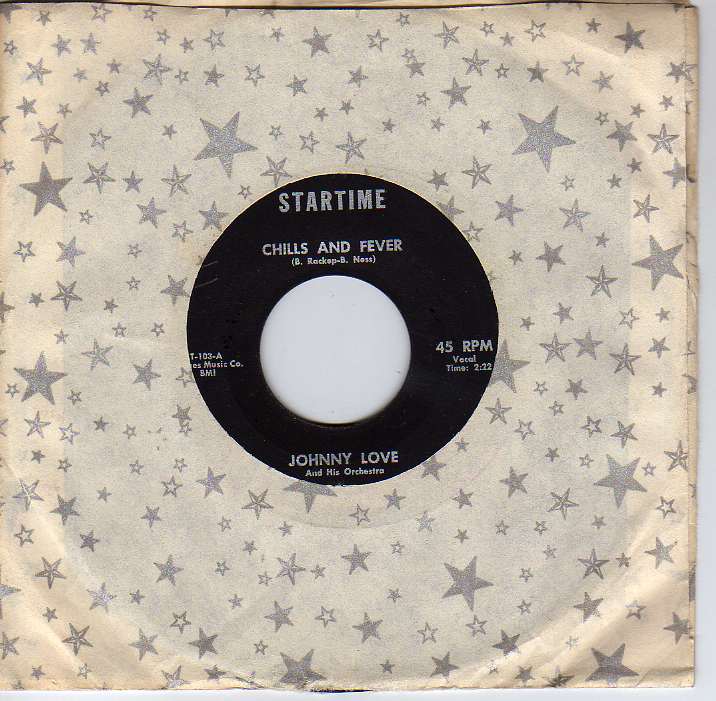
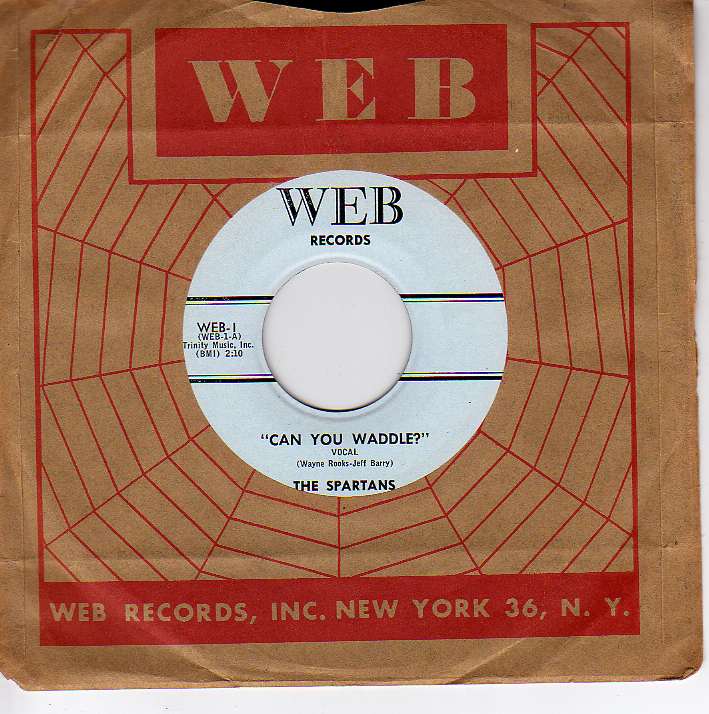
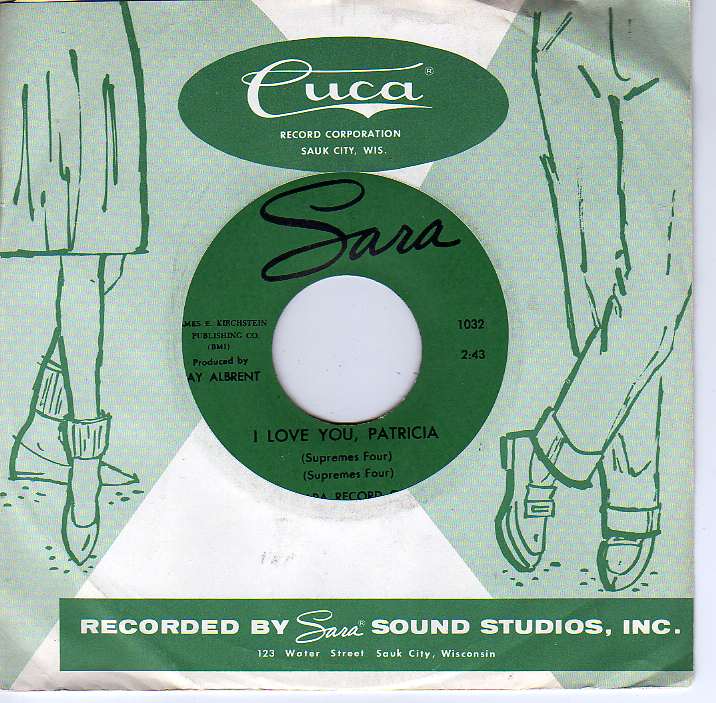
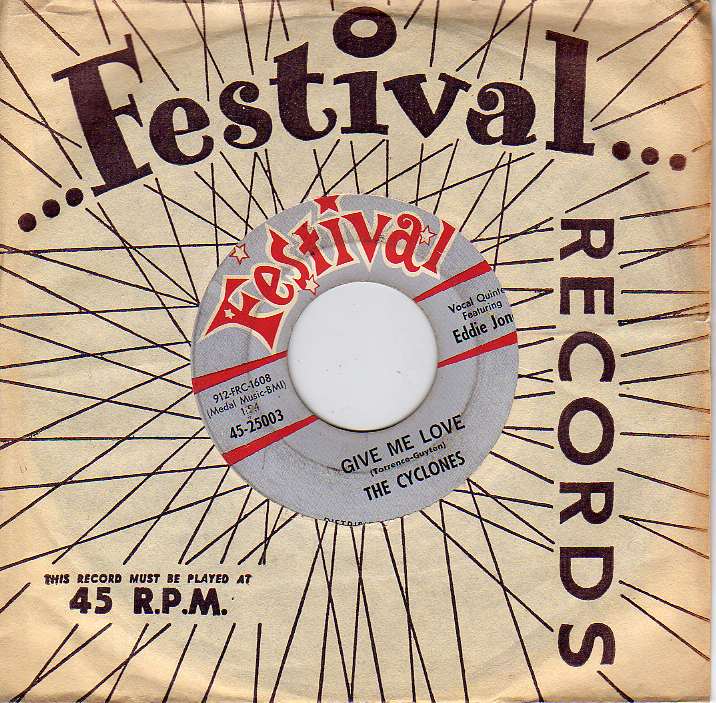
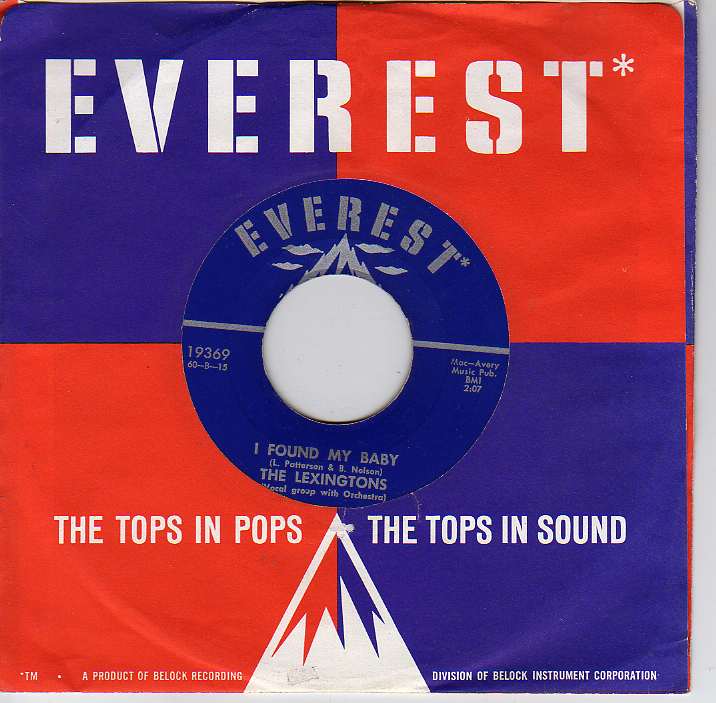
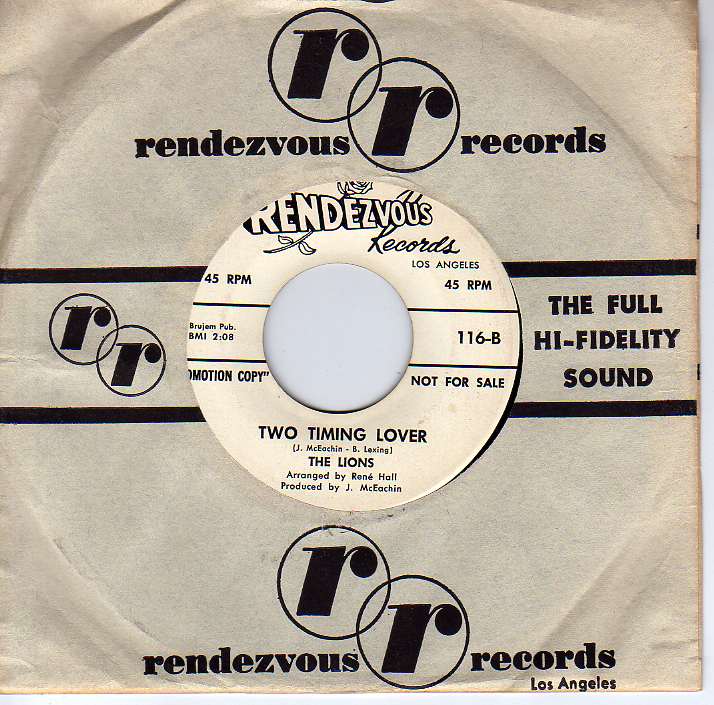
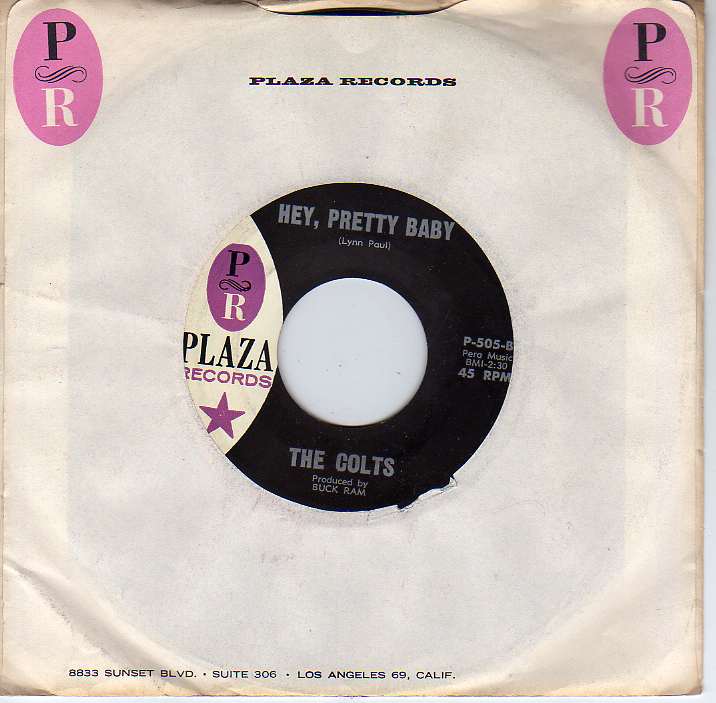
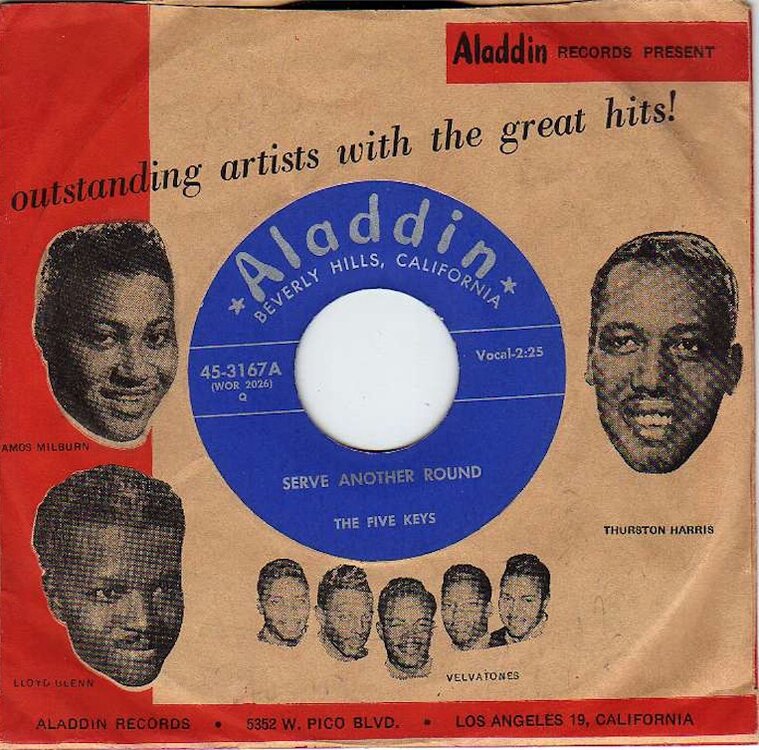
.thumb.jpg.f74d20b4258422b5a3989309b8de991e.jpg)
